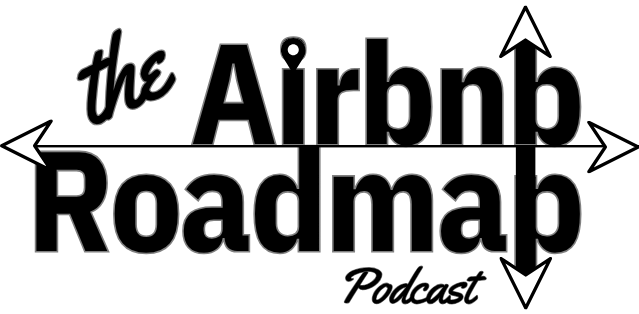8: What Makes a Market Good for STR? Finding Your Ideal Location
Hey, it’s Brittany, and welcome back to The Airbnb Roadmap! Today, I’m taking you on an exciting deep dive into what makes a market ideal for short-term rentals. Finding the perfect location can feel overwhelming, but I’m here to break it down for you. We’ll talk about tourism hotspots, business hubs, year-round demand, market economics, and even how to stand out with unique experiences. Whether you’re just starting out or looking to level up your portfolio, this episode is packed with actionable insights and personal stories to help you find your next winning location.
Mentioned in the Episode- Pricelabs: Want to maximize your profits and take control of your pricing? Use this link to get your first month FREE and $10 off your first paid month. Trust me, it’s a game-changer!
- Connect with Me on Instagram: Follow me @theairbnbroadmap for more tips, updates, and behind-the-scenes content.
- Tourism Appeal: Look for markets with strong tourist attractions, stunning natural beauty, or major landmarks that draw consistent visitors year-round.
- Business Hubs: Markets near convention centers or major cities are a goldmine for steady bookings with less property wear and tear.
- Seasonalities: Target areas with year-round activities, like ski towns or college towns, and don’t forget to factor in accessibility and local regulations.
- Unique Experiences: Stand out by offering eco-friendly, luxury, or niche properties—think cabins near wineries or cottages by historical sites.
- Market Economics: Study occupancy rates, average daily rates (ADR), and market growth to align your investment with your financial goals.
- Regulations: Focus on STR-friendly areas with clear and manageable zoning laws—this is key to avoiding headaches later!
- Amenities: Tailor your property to local demands. Whether it’s a hot tub in the Smokies or blazing-fast Wi-Fi for remote workers, know your audience.
- Competition: Analyze how crowded the market is and look for ways to differentiate yourself with unique features and stellar hosting.
- Financial Feasibility: Ensure your numbers work! Your property should deliver strong returns after expenses—don’t settle for anything less.
If you’re planning to invest in short-term rentals, understanding how to choose the right market is essential. In this episode, I share tips that I’ve learned from years in real estate and hosting, including what to look for and what to avoid. You’ll leave with a clearer idea of how to pick a location that works for you, whether you’re after consistent bookings, high nightly rates, or a mix of both.
Mentioned in the Episode- Pricelabs: Want to maximize your profits and take control of your pricing? Use this link to get your first month FREE and $10 off your first paid month. Trust me, it’s a game-changer!
- Connect with Me on Instagram: Follow me @theairbnbroadmap for more tips, updates, and behind-the-scenes content.
What’s your dream short-term rental market? I’d love to hear your thoughts and questions! Slide into my DMs on Instagram at @theairbnbroadmap, and let’s chat about your STR journey.
Work With MeAre you a real estate agent wanting to specialize in short-term rentals? Let’s make it happen! STR is an untapped niche in many markets, and you can dominate with the right approach. Message me on Instagram, and we’ll figure out how to get you there.
Subscribe and ShareEnjoyed this episode? Don’t keep it to yourself! Subscribe to The Airbnb Roadmap and share it with friends or colleagues who are curious about short-term rentals. Together, we can make smarter investments and create incredible experiences for guests.
Chapters
00:00 Finding the Perfect Short-Term Rental Market 09:04 Understanding Market Economics 15:52 Navigating Rules and Regulations 18:28 Evaluating Property Features and Amenities 26:12 Conducting Competition Analysis 31:15 Assessing Financial Viability

